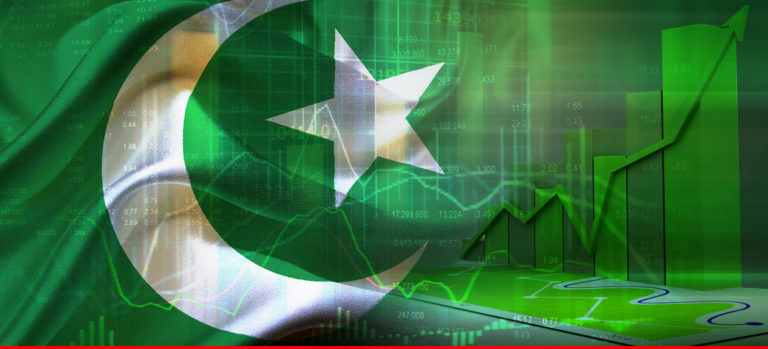
- Finance Minister says not entering into an IMF programme for now and mini-budget set to be announced on 23rd of January
- Pakistan expected to reach an agreement with Saudi Arabia on the establishment of a $10 billion refinery in Gwadar, Balochistan
- KSE-100 index gained 1,502 points or 4% to close at 39,049 points during the outgoing week
LAHORE: The government riding a wave of momentum after having secured a $6.2 billion financial aid package from the United Arab Emirates (UAE), is dilly-dallying on a potential International Monetary Fund (IMF) programme.
On Saturday, Finance Minister Asad Umar while talking to Karachi Chamber of Commerce and Industry (KCCI) businessman said the mini-budget would be announced on the 23rd of this month.
“The government is presenting the supplementary budget to facilitate traders and businessmen and to also take initiatives that could further curtail imports,” he said while addressing the members of the chamber.
“The government had planned to present the mini-budget on Jan 21st but owing to Prime Minister Imran Khan’s foreign trip, it will now be presented on Jan 23rd,” said Umar.
He added that the government, for now, had decided not to enter an IMF programme and was delving into alternative options.
While talking to Profit, Stephen Innes, Head of Trading, Asia Pacific at OANDA said, “Anytime there is a budget from a newly elected government but ultimately, they will need to increase the tax-to-gross domestic product ratio while finding incentives to raise exports along with offering diversification incentives away from textile products to tap new overseas markets.”
The first round of talks with the IMF had concluded on the 20th of November last year and it was expected further negotiations would start in the mid of January.
Several media reports hinted at IMF demanding reforms which the incumbent government is unwilling to take which include implementation of a free-float exchange rate mechanism, levying additional taxes and undertaking various reforms and curtail the budget deficit.
When asked how the IMF negotiations could go for Pakistan, Innes said, “The IMF is suggesting prudent and specific revenue targets to shore up the government coffers.
But of course, raising taxes can be stifling for an economy especially one that is currently struggling.”
On Sunday, UAE’s crown prince Sheikh Mohammed bin Zayed Al Nahyan paid a flying visit to Islamabad and affirmed a $3 billion bailout package announced last month.
This provided a much-required stimulus for the stock market, as the KSE-100 index gained 1,502 points or 4% to close at 39,049 points during the outgoing week.
Also, it was reported that Pakistan had clinched a $3.2 billion oil credit facility with the UAE meaning an arrangement akin to the one with Saudi Arabia had been reached.
Regarding this development, Innes believes the deposit will shore up the central bank reserves which is much needed.
He added, “while the oil credit facility will provide the country with some breathing room to stagger out some of the enormous external financing commitments Pakistan must undertake. A total pledge of $6.2 billion is a vote of confidence for sure.”
Earlier, on the 1st of January Financial Times reported that China would be lending $2 billion to help Pakistan bolster its foreign exchange reserves and avert further devaluation of the rupee.
In response to this report, the Foreign Ministry spokesman Lu Kang said China would continue to provide support to Pakistan “in the form of aid, trade, investment and in other ways”.
Pakistan, which is starved of foreign direct investment (FDI) is expecting to reach an agreement with Saudi Arabia estimated to be worth $10 billion for establishing an oil refinery in Gwadar, Balochistan.
When asked about what steps the government could take to boost FDI inflows, Innes explained, “Hope, the US dollar weakens in 2019 and reduces the burden of foreign currency commitment.
But it’s essential that the stricter currency controls mechanism is in place to curb capital outflows, as this can be a significant stress on capital markets. A weaker US dollar will go a long way to helping this one out.”































What makes him think that dollar will be weaker this year? This shows how pathetic is clown is. And in the end he will seek imf bailout. This man is too naive to manage public finance.
Comments are closed.